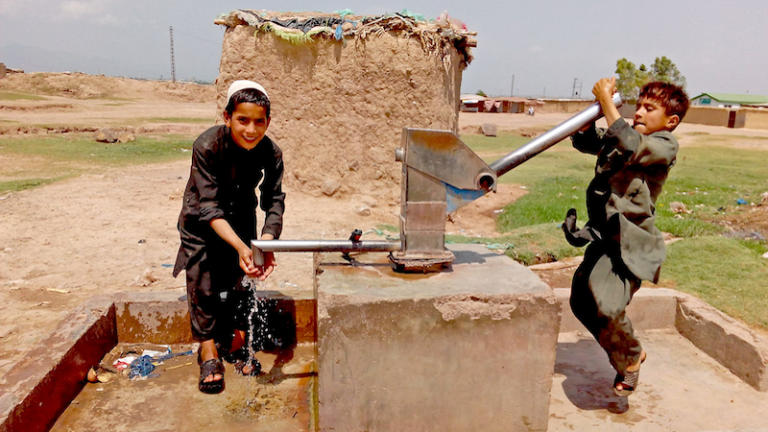The allocation and management of international aid for Afghan refugees has come under intense scrutiny, especially with regard to the role of neighboring countries such as Pakistan. Recent allegations suggest that Pakistan has misappropriated funds intended for Afghan refugees, especially those provided by the United States and other Western countries. This perspective calls for careful consideration to contextualize these issues within broader regional trends and to distinguish between misinformation and actual mechanisms of aid distribution.
A major misconception is that aid funds are directly controlled by the Government of Pakistan (GoP). In reality, international aid for Afghan refugees is primarily managed by international organizations such as the United Nations High Commissioner for Refugees (UNHCR) and various international non-governmental organizations (INGOs). These organizations are responsible for planning, allocating, and monitoring aid funds.
The role of the Government of Pakistan is primarily to facilitate logistical support, provide access to refugee camps, and coordinate with these organizations to effectively implement aid programs. Oversight of aid allocation by these international organizations involves strict monitoring mechanisms to ensure that resources are used appropriately and reach the intended beneficiaries. These measures are designed to maintain transparency and accountability, thereby minimizing the risk of misappropriation by any party, including the host country.
Accusations against Pakistan suggest that it is unfairly benefiting from aid intended for Afghan refugees. However, this view overlooks the fact that the aid distribution process involves multiple layers of oversight. Funds are often channeled through international organizations that operate independently of the Pakistani government. Thus, claims of direct misappropriation by the Pakistani government lack substantial evidence given the established oversight and accountability framework.
To fully understand the complexities of aid management, it is essential to consider the situation inside Afghanistan. The Special Inspector General for Afghanistan Reconstruction (SIGAR) report highlights significant issues with aid management under the Taliban regime. According to SIGAR, of the $2.8 billion in aid sent to Afghanistan, approximately $300 million remains unaccounted for. This discrepancy points to systemic issues with financial oversight and resource allocation within the Taliban regime. Furthermore, the Taliban’s denial of the existence of terrorist organizations such as the Taliban Pakistan (TTP) and Islamic State Khorasan Province (ISKP) in Afghanistan points to a broader pattern of mismanagement and avoidance of accountability. Such behavior undermines international efforts to stabilize the region and ensure aid reaches those who need it.
The US withdrawal from Afghanistan has had a significant impact on aid allocation dynamics. Since August 2021, the US has provided Afghanistan with approximately $2.1 billion in humanitarian assistance. However, the Taliban’s control of the country and the lack of effective monitoring mechanisms have raised concerns about aid diversion to regime strengthening and other purposes. The involvement of international diplomatic channels such as the Doha office has unintentionally given the Taliban legitimacy. This situation complicates efforts to ensure aid is used appropriately and highlights the difficulties of negotiating with a regime suspected of corruption and human rights abuses. Regional geopolitical factors further complicate the story. For example, India’s allocation of Afghanistan aid reflects India’s broader strategic interests in countering Pakistani influence and destabilizing the region. This geopolitical game often impacts aid allocation and regional stability, adding further complexity to the situation.
The debate over the allocation and management of aid to Afghan refugees requires a nuanced understanding of the roles and responsibilities of various actors. Viewed against the backdrop of international monitoring mechanisms and the actual distribution process, direct misappropriation of aid by Pakistan is a misconception. A comparative analysis with the issue of Afghanistan’s own aid mismanagement under the Taliban regime further contextualizes these concerns. Addressing these challenges requires concerted efforts to enhance transparency and accountability in aid distribution. Moreover, a deeper understanding of regional dynamics and geopolitical interests is essential to develop effective strategies to assist refugees and promote regional stability. This approach will ensure that international aid serves its intended purpose and contributes meaningfully to addressing the humanitarian needs of Afghan refugees.

